Revolution and the WikiHouse Construction Set
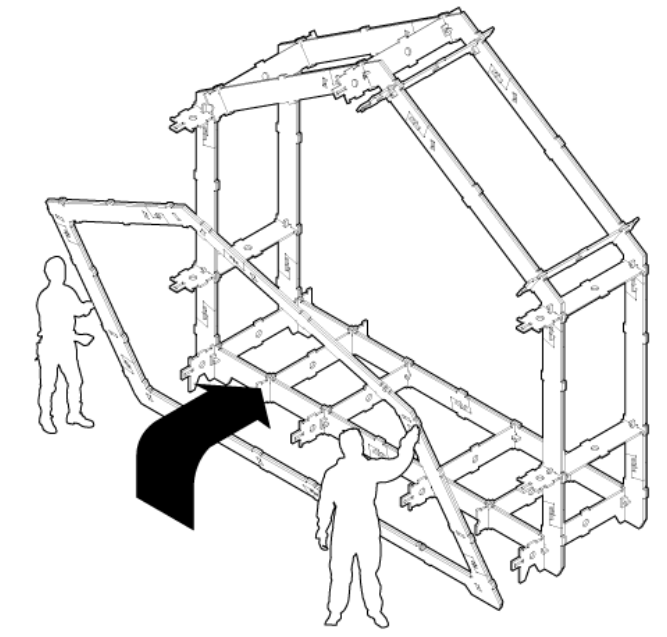
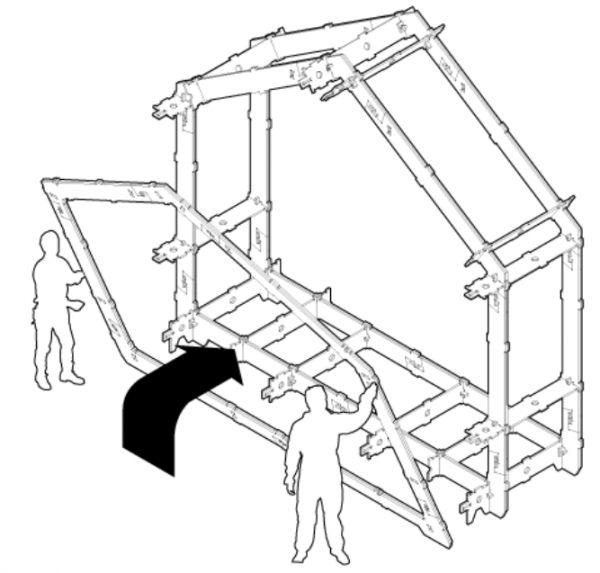
A paradigm shifting change is sweeping the globe and shaking the foundation of the current establishment – people are empowering people. At some point a critical mass of innovators and early adopters will force the establishment out of the driver’s seat and put the meek back at the helm. This sort of revolution won’t happen at the end of a gun barrel, but by sharing information and ideas that empower each other.
The Acquisition Paradigm
As the current paradigm – built on a single-minded focus on acquisition – requires every increasing economic growth and the increasing centralization of control to operate. It’s not a conspiracy or plan, this is just how the societal model around us works.
To the folks steeped in the acquisition paradigm the moment they stop acquiring or loose control is the moment they think things will fall apart. Understanding this core flaw of our culture’s hive mind is a key to unlocking most of the troubling things around us like: endless wars, fracking for natural gas, market manipulation, a growing surveillance & police state… well pretty much everything.
Revolution in Thinking
As more people share information freely, the majority will learn that there is more power in sharing than hoarding. This 100th monkey moment will probably coincide with:
- The majority turning off their televisions – as we choose instead to listen to each other.
- The majority turning away from political party divisions – and choose to drop petty differences and unite as a single voice.
- The majority embracing the people around them while staying connected to people around the world.
- The majority jailing those members of the current establishment that have committed heinous crimes for profit.
WikiHouse
WikiHouse is one of those projects that could shake the foundation of the establishment – and not necessarily because of the physical homes it could build – but because the core value is open source and helps people see the need for the paradigm shift. We see changes in thinking happening all over the place – from growing food not lawns, to organic agriculture, to digital currencies, to 3D printing, to open source locally CNC-milled houses like the WikiHouse.
The shift is happening in bits and pieces and on the fringes – but it’s happening.
The WikiHouse Construction Set is a set of plans for CNC-milled parts that can be assembled by hand without power tools. The parts make up a building system that creates the shell of a home. The fastest growing cities are not growing upwards – they are growing outwards as people cobble together housing for themselves. So the real demand from architects & planners is on finding ways to design & build safe communities.
The idea of making homes from interchangeable parts also encourages people to adapt and customize their homes to meet their specific needs. Theoretically if your home needs another room you simply knock apart one wall and attach a new floor, walls, and roof parts to extend your space. If you’re ready to sell your home and move on, just knock it apart and sell the parts at current market value.
The Paradigm Shift
I suspect this kind of out-of-the-box thinking is running rampant in the BRICS nations and other developing nations. People are innovating and finding ways of empowering each other while learning to thrive themselves. This may also explain why the western establishment feels so threatened and is spending so much time playing war and economic games with the BRICS.
But in the end I think it will be we the people – the people of the world – that wake up and force change. I think more of us will realize that when we collaborate and design lives that are more sustainable and interconnected, we’ll find that we don’t need the games & goals of the acquisition paradigm to be happy. I think we’ll find that we’re much happier sharing and collaborating. But then again I’m a dreamer. But then again that’s how the future changes – first with dreams.

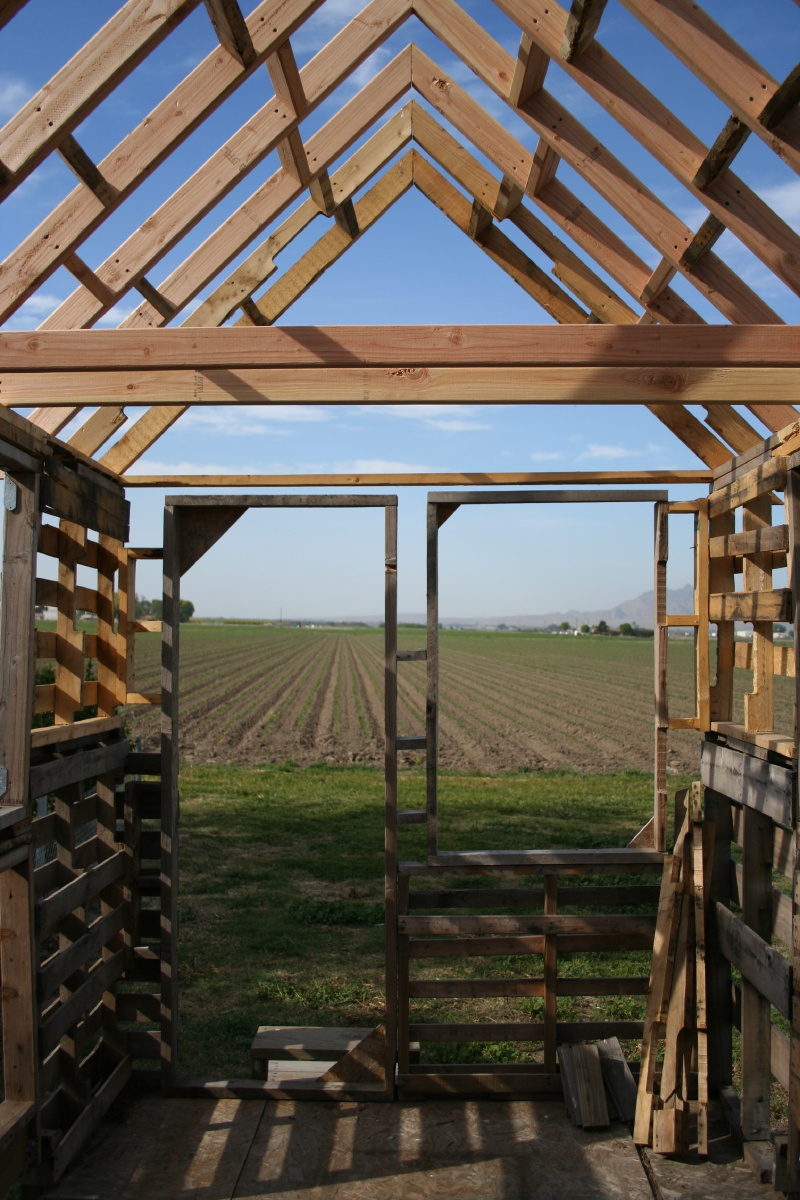
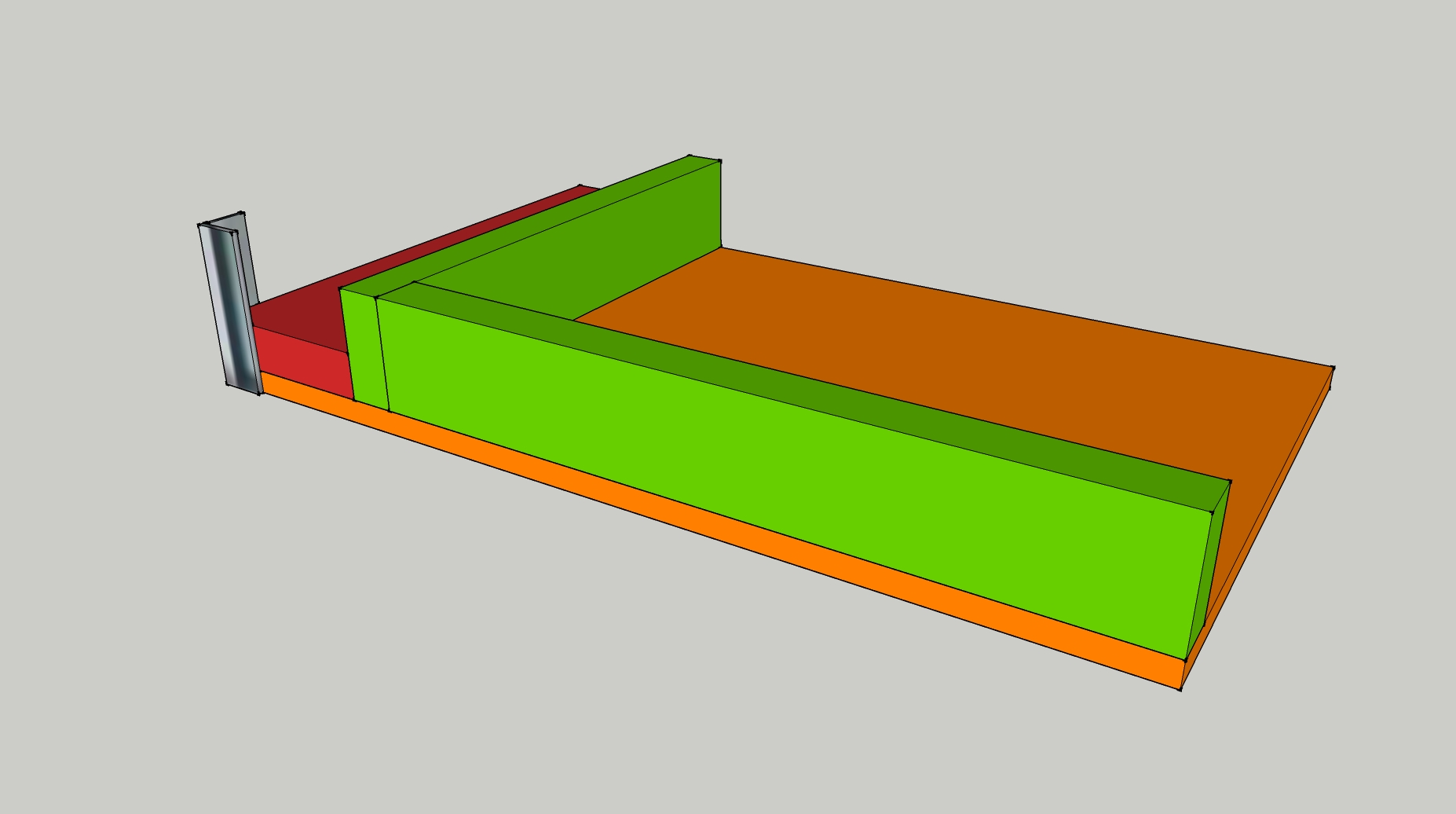
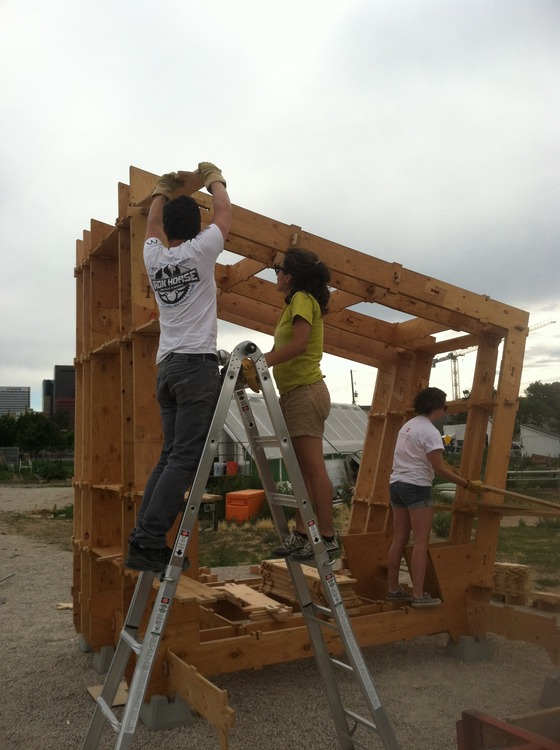
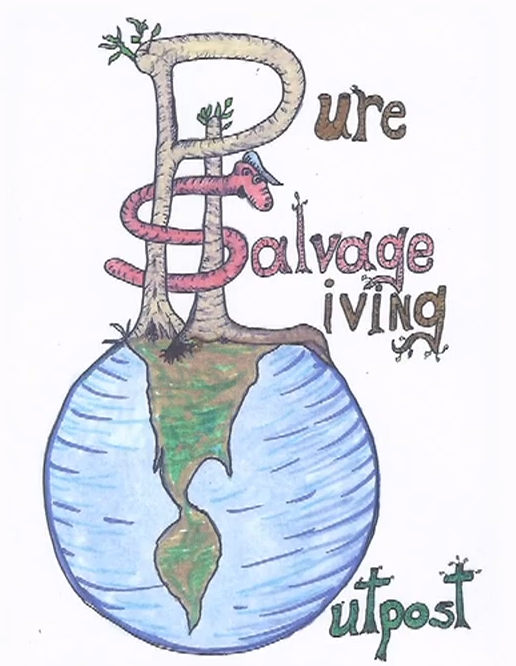
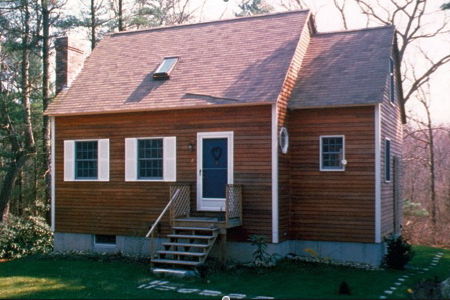
I like where your thought process is going, Michael. I do believe that democratic power (the will of the people) will eventually set us in the right direction and things like open source will be an important source for new ideas and directions. But this is also precisely the reason why democracy (free press, the ability to demonstrate, the ability to challenge what the govts do on our behalf) is suppressed as much as possible. You can ( and should) turn off corporate media and seek alternatives. But this is also why the internet and electronic communications is coming increasingly under assault – it’s too free!
I also think distributed manufacturing will increasingly be important and that it is a game changer but it still lacks a lot of practical attributes. Just to name several, it requires high technology not easily available (CNC machines), it relies on abundant energy (running of the machines) and it relies on materials which are not readily available everywhere ( sheet goods which also require factories and a lot of energy to produce and are very expensive in most parts of the world).
As for the wikihouse project – it’s a western solution to a non-problem. With 7 billion people on the planet and energy resources beginning to dwindle (when was the last time you saw cheap energy?) population growth cannot continue and is more likely to begin shrinking. Housing is not a long term issue. We have too much housing already. The housing industry is a product of the endless growth model.
In my opinion, the next way of ‘tiny housing’ will be the re-densification and urbanization if suburbs – turning McMansions into 4 and 8 block housing units and others into small scale manufacturing and still others into shops and small farms.
That’s the revolution requred, in my opinion.
I love the idea of the WikiHouse for its accessibility and simple construction. I can see a very real application right now in providing shelter for disaster survivors and those of us who want/need to transition to the tiny house life but are without the funds for conventional builds. And I appreciate Steve’s points that we need to chip away at the MacMansions to create smaller communities and gardens in the 4-8 block scale. In order to save our planet, we need to steer down both these paths.
Thank you, Michael, for sharing this exciting possibility!
This is both a reply to your post and the wikihouse idea in general. Firstly, its a brilliant concept, but as one commenter pointed out, a western solution to a non problem. CNC is not easily accessible in most of the world that actually has significant problems when it comes to housing. It has advantages yes, its easily made(just draw up a cad file, let the CNC cut it and assemble it with no tools) and it can be easily dissembled and stored. But its not cheap, at least not by some standards. The FOUNDhouse(a wikihouse derivative) budget estimates their house costs $5500(though they haven’t accounted for everything yet). The basic structure costs between $3000 and $4000(including insulation). I can see this as a way of creating a tiny house that is assembles in a few hours or days and the only big time investment is the CAD design of it which is mostly copy and pasting existing wikihouse elements.
Whenever I look at these, I just think how amazing they look and how cool it would be to assemble a home with no tools and stuff, but then I wonder if the price is really worth it, when I can get something cheaper with normal 2×4’s and some loan tools, that will do a better job as an interim house on the way to a tiny house or even a more permanent structure. These have their uses, and those uses revolve around no tools, quick and easy assembly and disassembly.